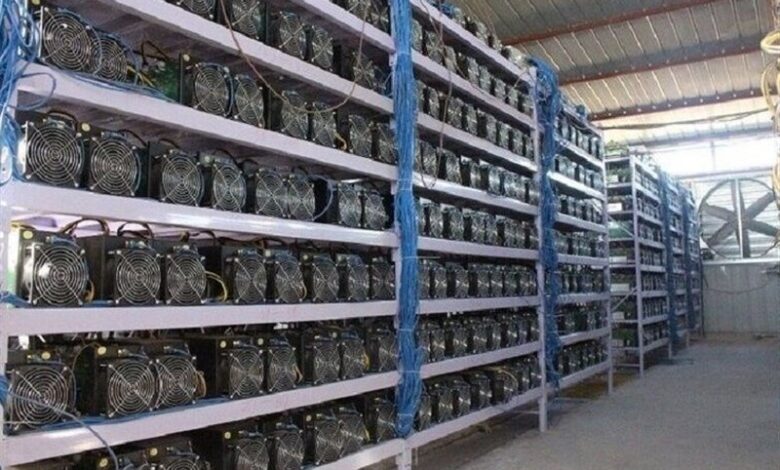Russia Revives Soviet-Era Power Plant to Combat Crypto Mining Energy Consumption
Demand for electricity, primarily driven by the growth of legal and illegal Bitcoin mining operations, has prompted the government to revive the project

In a move reminiscent of the Soviet era, Russia is reviving a long-stalled thermal power plant project to address a burgeoning electricity shortage triggered by the country’s booming crypto-mining industry.
The reconstruction of TPP2, a 440 MW thermal power plant in Buryatia, eastern Siberia, aims to stabilize the region’s power grid and support its burgeoning crypto-mining sector.
However, the recent surge in electricity demand, primarily driven by the growth of legal and illegal Bitcoin mining operations, has prompted the government to revive the project.
The reconstructed TPP2, to be built in Ulan-Ude, the capital of Buryatia, will add 300 MW of electricity to the grid, potentially alleviating the region’s electricity deficit. Territorial Generating Company No. 14 (TGK-14) will invest approximately 40 billion rubles ($415,000) in the project, aiming for completion by 2029.
Yevgeny Lukovnikov, Deputy Chairman of the Government of Buryatia, highlighted the project’s significance in meeting the region’s growing energy needs. He stated, “The project to reconstruct TPP-2 will allow us to implement the events of the Ulan-Ude master plan. We expect two more power units to appear at the Gusinoozerskaya GRES – an additional reserve will appear.”
Russia Ministry of Energy Revival Project
The rapid growth of both legal and illegal mining operations has placed a significant strain on the national grid, particularly in Buryatia, a region with ample hydroelectric resources but struggling to meet the demand from the burgeoning mining sector.
The rampant proliferation of illegal mining operations has raised concerns within the Ministry of Energy, which has suggested shutting down such operations to ensure a stable electricity supply.
However, the government remains optimistic that the reconstruction of TPP2 will help alleviate the deficit and allow the country to capitalize on its cheap electricity to further incentivize mining.
The situation in Russia mirrors a similar predicament faced by Iran, which legalized crypto mining in 2019, hoping to capitalize on the country’s low-cost electricity. However, the move backfired as illegal mining operations resulted in widespread power outages. Despite attempts to regulate the sector, Iran ultimately banned crypto mining altogether, demonstrating the potential pitfalls of unregulated growth in the industry.
Russia’s ongoing efforts to revive the TPP2 project illustrate the balancing act governments face when navigating the evolving crypto-mining landscape. While the industry offers significant economic potential, it also presents substantial challenges related to energy consumption and sustainability.





















































